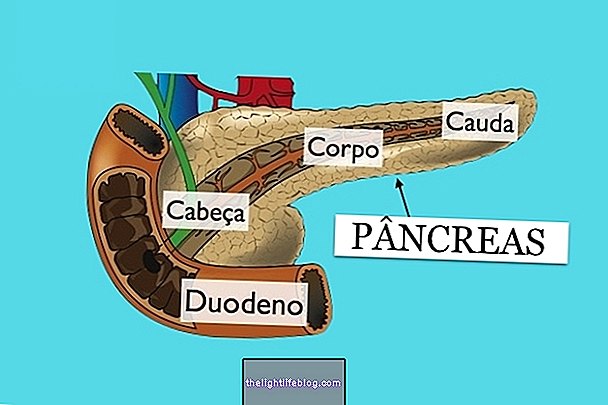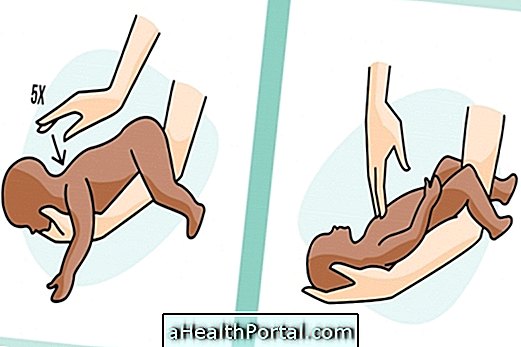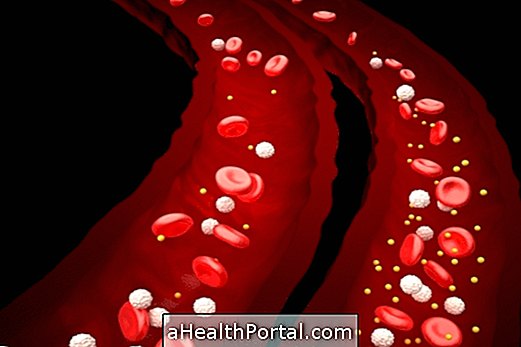Pancreatic cancer thin because it is a very aggressive cancer that evolves very quickly giving the patient a very limited life expectancy.
Symptoms of pancreatic cancer
- lack of appetite,
- abdominal pain or discomfort,
- stomach ache and
- vomiting.
These symptoms can be easily confused with other gastrointestinal disorders which aggravates the condition.
Diagnosis of pancreatic cancer
In general the diagnosis of pancreatic cancer is made very late, based on the patient's symptoms or sometimes, by chance, during a routine check-up.
Exams such as x-rays, abdominal ultrasonography, or computed tomography are the most common imaging tests that are done to help visualize tumor extension and treatment alternatives, which sometimes do not involve surgery due to the patient's debilitating state or size of the tumor.
Treatment for pancreatic cancer
Treatment for pancreatic cancer is done by taking medications, radiotherapy, chemotherapy and sometimes surgery.
Individualized nutritional support is of utmost importance, and should be instituted as soon as possible, being essential for patient survival even when it is still well fed.
Survival of pancreatic cancer
The statistics show that after a diagnosis of pancreatic cancer, only 5% of patients can live another 5 years with the disease. Because cancer in the pancreas evolves very fast and in most cases, it produces metastases to other organs such as liver, lung and intestines very quickly making the treatment very complex because it involves many organs greatly debilitating the patient.






















